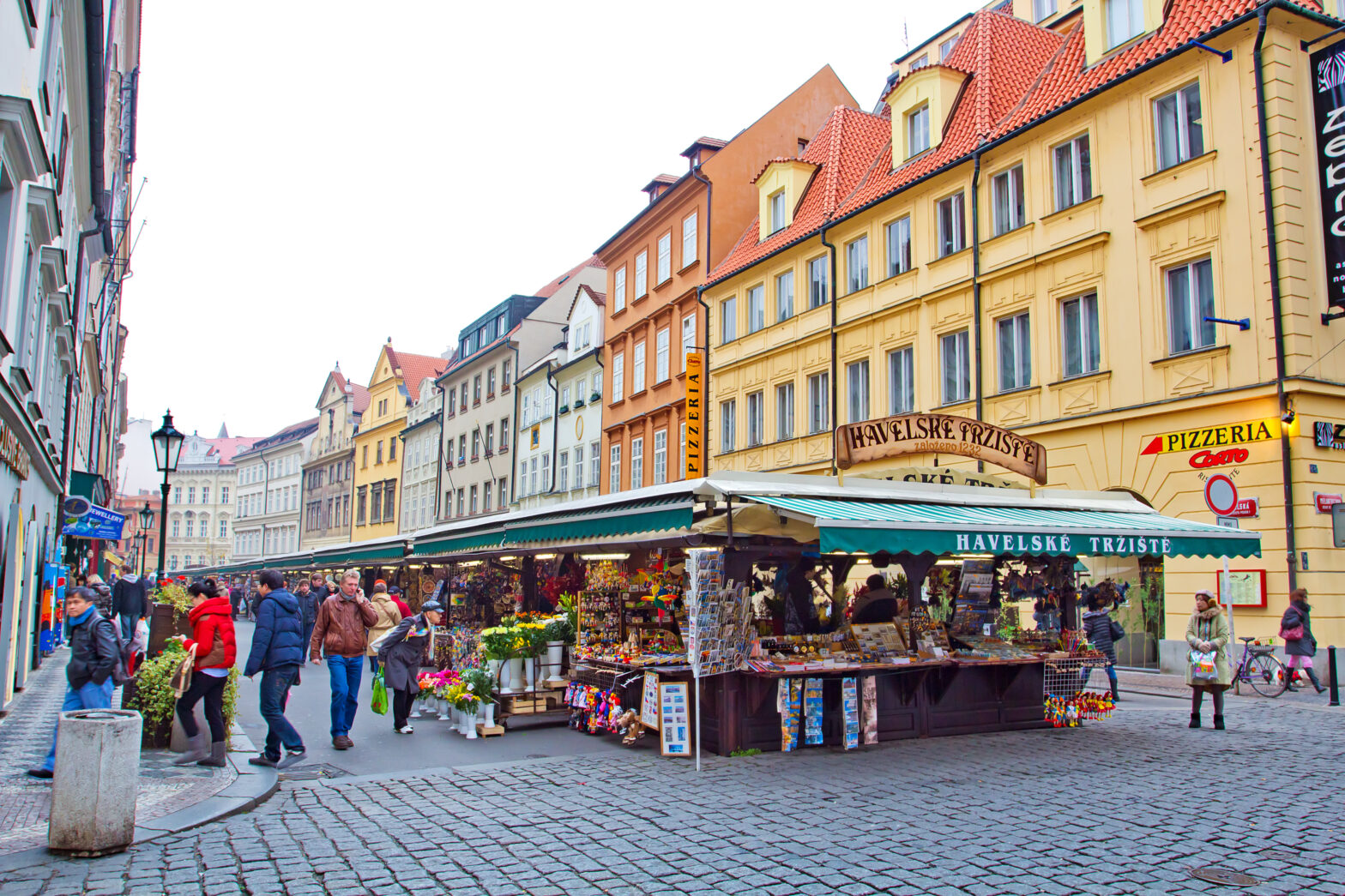The convergence of social and digital media has been at the forefront of the marketing arena for many years. Facebook alone has over 1.4 billion active users, who spend approximately 4.7 billion minutes on the site every day.
The ability to access huge amounts of social and digital content at the click of a button is now taken for granted and has become an integral marketing tool for brands.
However, in today’s crowded marketplace, it is clear that brands which implement a cross-media focus create strategically-driven campaigns and more powerful brand engagement than those that just focus on the digital element.
The intersection of physical and digital
This combination of physical and digital presents key opportunities for businesses. Digital is able to extend an event beyond the traditional boundaries through social, online and mobile communications, whilst the physical experience moves clients to action through a sustained conversation that encourages brand loyalty in the most powerful way.
Ultimately, the biggest global brands would survive in a world without social and digital media. These are brands that have, over a number of years (and in many cases decades), fostered strong, personal client relationships founded on face-to-face communication rather than online interaction.
Other businesses, however, should be careful not to put all their eggs in one basket when it comes to brand engagement. Much like traditional methods of brand promotion – such as television advertising – social and digital content will reach saturation point and potential clients will switch off from this promotion method.
>See also: Five marketing campaigns even worse than Workie
Businesses need to remember people are inherently social, so when moving beyond social and digital content there is nothing that can make a more powerful statement about your brand than the ability to bring people together physically through immersive events and experiences.
Experiential (or ‘face-to-face’) marketing is not simply playing second fiddle to social and digital. Instead, experiential marketing has undergone its own significant growth. The Events are Great Britain report, published by The Business Visits & Events Partnership (BVEP) in March 2014, revealed that the events industry in Britain is worth nearly £40bn, with £1.2bn of this being spent on corporate hospitality and events.
Lessons from the top sporting brands
Take the Premier League, for example – the richest football league in the world with an estimated 1.2 billion fans. These teams come up with innovative ways to engage the fans through social and digital media, but they still undertake overseas tours during the off-seasons. Why?
Not only are these overseas tours financially lucrative, but they provide an opportunity for fans to engage with teams on a more physical level than would otherwise be possible through social and digital content.
This facilitates a closer bond between the consumer and the brand by immersing them in a fun and unforgettable experience. Fans of the Premier League can form a deeper connection with a particular team – and it is likely that this team will win these fans for life.
Experiential marketing works on multiple levels to heighten brand engagement. In the case of the Premier League, overseas tours are essential in driving participation for football fans outside the UK who don’t normally have the change to engage with the team on this level.
Direct participation is, in itself, a gateway to creating, and subsequently spreading, knowledge about a team’s particular brand, as well as the Premier League brand as a whole.
Face-to-face engagement with overseas fans also allows the minds behind the branding to develop a clearer understanding of these lucrative markets, making them better positioned to target specific consumer interests in their future marketing strategies.
In this way, experiential marketing can be a far more effective contributor to a greater ‘customer lifetime value’ (CLV) than traditional, digital marketing strategies. It creates a stronger brand loyalty and enables the club to derive further business and commercial benefits from their entire relationships with the customer.
>Related: The Goldilocks Zone – optimising marketing success
The huge success of experiential marketing for the Premier League demonstrates that social and digital do not always dominate when it comes to brand engagement. Rather, the biggest brands are investing in creating immersive experiences for their target audiences.
Experience at the heart of content
A survey as part of a study examining experiential marketing trends conducted on more than 1,600 major corporations and organisations revealed that 84% of people believe that experiential marketing activities and events are important, very important or critical to their organisations.
If your clients are heading up and generating your content as a result of a fantastic brand experience, they are four times more likely to become advocates for your business. This self-generated content is more credible, especially when 78% of people are only listening to peer recommendations.
Experiential strategies are at the centre of this huge era of content, but they have to be engaging, entertaining, informative, and ultimately drive the Return On Investment you are looking for. Brand engagement that is truly immersive appeals to all the senses and delivers not just at live events, but in the build-up and follow-up too.
Experiential marketing remains a focal point of a business’ brand engagement strategies, as social and digital content alone is unable to produce truly measurable results. The most effective content for more organic brand engagement is content which is created not by the business itself, but rather by clients who are eager to share their positive experience.
It’s big business to get your clients on side. Experiential activity gives them something to shout about.
Phil Boas is director of Brand Engagement Paragon
Further reading: Harnessing big data to attract Millennials






